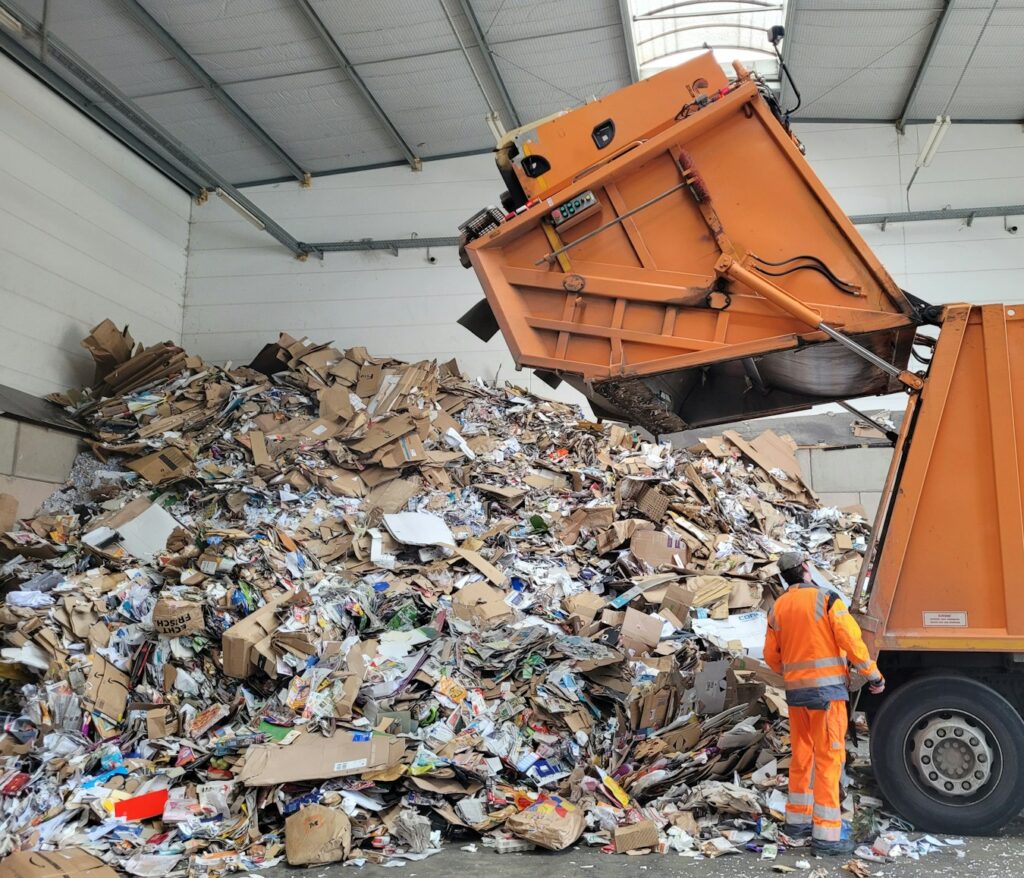The announcement of a demonstration plant at Saltend Chemicals Park builds on investment already made by oil giant Equinor into decarbonisation.
The ‘world first’ development has been dubbed a First-of-a-Kind [FOAK] project by Oxford University company OXCCU, which works on novel carbon dioxide and hydrogen conversion, and logistics specialist pxGroup.
Set to transform carbon dioxide and green hydrogen into sustainable aviation fuel [SAF], along with plastics and other chemicals, the core aim is to show that complicated, multi-step processes already being used for this process can be expedited and made into a single-step conversion. In doing so, the cost can be reduced – one of the biggest obstacles currently facing cleaner forms of aviation fuel.
Supported by the UK Government’s Advanced Fuel Fund, the researchers are also tasked with showing that carbon dioxide can be used for SAF at scale, alleviating current concerns over the availability of suitable feedstocks to finally begin reducing emissions from aviation. Currently, these are actually increasing as routes and frequency of flights grow, and airports continue to expand. According to the International Civil Aviation Organization, greenhouse gases produced by international aviation could increase by anything between two to four times 2015 levels by 2050 if no progress is made in this area.
‘We are truly excited to be working with OXCCU on a world’s first project that will shape the long-term sustainability of the UK aviation industry,’ said Geoff Holmes, pxGroup CEO. ‘At px Group we are passionate about cutting CO2 emissions and helping the UK to meet its sustainability ambitions.
This groundbreaking project with OXCCU further meets this commitment and demonstrates the confidence in Saltend as a pioneering centre for industrial decarbonisation projects.’
‘The strategic combination of OXCCU’s highly efficient novel catalyst and process with px Group’s world leading facilities creates the perfect environment for us to scale-up,’ added Andrew Symes.
‘This project will demonstrate CO2 and hydrogen directly converted into jet fuel-range hydrocarbons and the potential for much lower cost SAF. We look forward to working with px Group on this exciting step for the global aviation industry.’
Once operational in 2026, the new SAF facility at Saltend Chemicals Park will produce 200 litres of liquid fuel per day, or OXE Fuel, contributing to Britain’s wider ambitions to become a world leader in sustainable fuels, with an emphasis on air travel. The UK Government has committed to having five SAF plants under construction by next year.
Image: OXCCU
More on aviation:
Private jet spend leaps among executives despite emissions fears
UK’s biggest cargo airport ready for ground equipment electrification
















